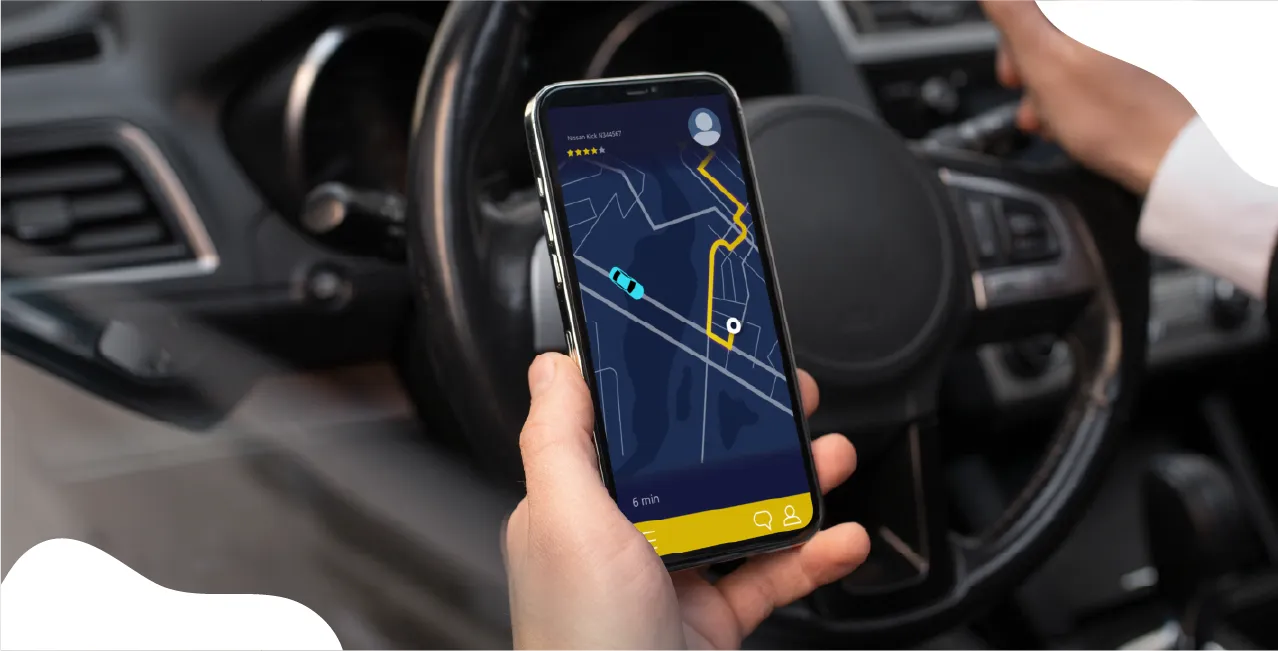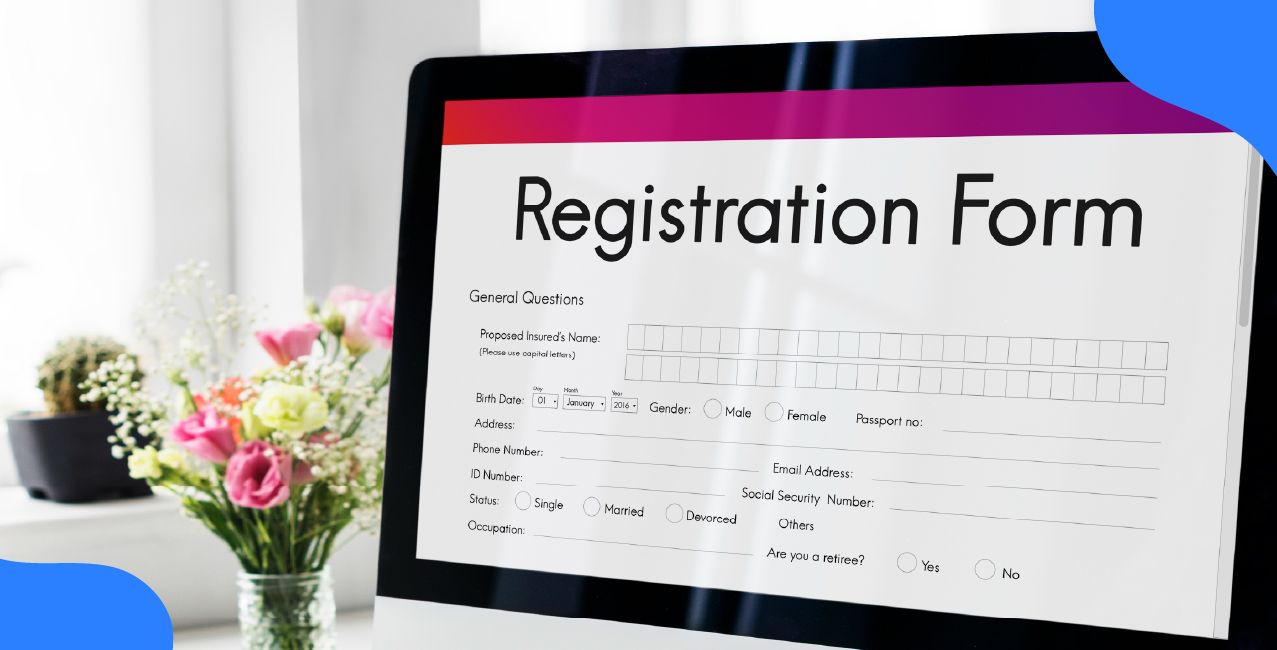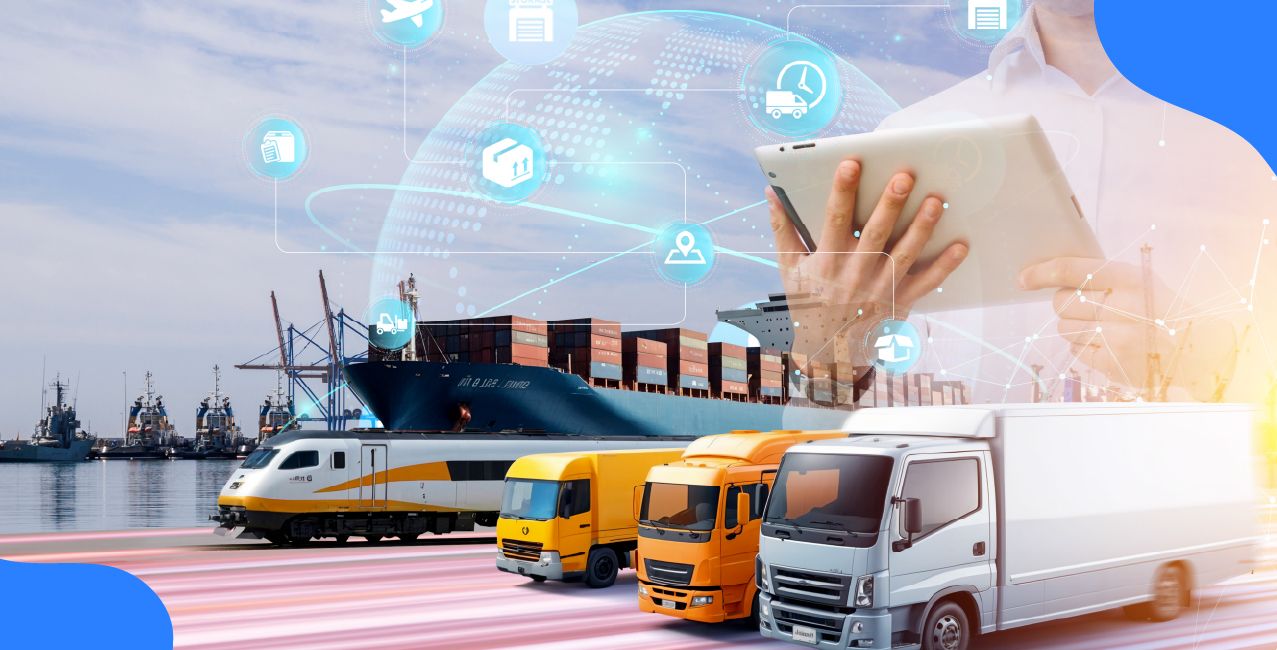
Author
LoansJagat Team
Read Time
5 Min
17 Jul 2025
GST on Cab Service – Rates, Exemptions & Billing Explained
Ramesh, a freelance graphic designer from Bengaluru, books an Uber to visit a client 8 km away. The fare shows ₹200, but when he checks the invoice, it reads:
- Base fare: ₹190
- GST (5%): ₹10
- Final fare: ₹200
“Wait, I'm paying GST too?” he wonders.
Yes, cab rides do attract GST in India — but not all cab rides and not in the same way. Let’s break it down and explain it in simple terms, with real-life examples you’ll relate to.
GST on Cab Services – A Simple Overview
The Goods and Services Tax (GST) applies differently to various transport services. Whether you're hopping into an Ola Auto, booking a Zoomcar, or hiring a chauffeur-driven car for a wedding, the GST rate will depend on who you’re booking from, what kind of service it is, and how it’s packaged.
Example:
An office-goer in Mumbai books a cab from Uber to travel 12 km:
- Fare: ₹280
- GST @ 5%: ₹14
- Total amount paid: ₹294
Uber collects and remits the GST on behalf of the driver. This applies across the board for app-based aggregators.
GST Rates on Different Types of Cab Services:
Note: RCM = Reverse Charge Mechanism. In such cases, the business pays the GST directly, not the service provider.
SAC Codes and Their Relevance
Each transport service is classified under a Service Accounting Code (SAC) for GST filing. Think of it like a product code that tells the system what kind of service is being taxed.
Example:
Let’s say Devika runs a travel business in Chennai. She hires a car for her staff outing from a vendor. She gets an invoice with SAC 996601:
- Base hire: ₹2,000
- GST @ 12%: ₹240
- Total: ₹2,240
Because this is a business service, Devika can claim ITC on ₹240.
GST Applicability Based on Cab Type:
Example:
Kavita books a Zoomcar with a driver for an office offsite.
- Hire charge: ₹5,000
- GST @ 12%: ₹600
- Total: ₹5,600
- Her company can claim ITC on ₹600 if it’s for business.
Input Tax Credit (ITC) – Who Can Claim It?
ITC is like getting a cashback on the GST you pay for business purposes.
You can claim ITC on cab services only if:
- The cab is not used for personal travel
- The GST is charged at 12%
- The business has a valid GSTIN
- Proper invoices and returns are maintained
Example:
A media agency uses a cab vendor for the daily staff commute.
- Monthly bill: ₹50,000
- GST @ 12%: ₹6,000
- ITC Claimable: ₹6,000
- This amount can be deducted from their output GST liability.
But if they use an Uber or Ola ride (GST 5%), they cannot claim any ITC.
Special GST Case – Reverse Charge Mechanism (RCM)
Under RCM, the receiver of the service (not the provider) has to pay GST. This usually applies to intercity transport contracts or unregistered vendors.
Example:
An event company in Delhi hires a local cab vendor for a 3-day wedding.
- Service value: ₹10,000
- GST @ 5% under RCM: ₹500
- The company has to deposit ₹500 GST directly and can later claim it as ITC (if eligible).
GST on Cab Aggregators (Ola, Uber)
Ola and Uber fall under Section 9(5) of the CGST Act. This means the aggregator is responsible for collecting and paying GST, not the individual driver.
So, even if the driver isn’t GST registered:
- You still pay GST
- The app shows it in your invoice
- The aggregator files it with the government
Example:
Rishi books a ₹300 ride through Ola.
- GST @ 5% = ₹15 (already included)
- Ola will file this ₹15 with the GST department. Rishi doesn’t have to do anything.
When GST Doesn’t Apply – Personal Use & Metered Taxis
There are certain scenarios where GST is not levied on cab services. When you hire a local rickshaw, board a metered yellow-black taxi, or use a self-drive car service like Zoomcar for personal or family use, no GST is charged.
These modes of transport fall under essential public services and are considered outside the taxable scope of the GST regime. This exemption ensures that the daily commute of the average citizen remains affordable and accessible without the burden of additional tax.
Conclusion:
The introduction of GST has made the taxation of transportation services in India clearer and more consistent, especially for cab aggregators, rentals, and chauffeur-driven services. Personal and public transport remain exempt to protect everyday users, but most commercial and app-based rides are taxable.
The tax rules depend on whether the ride is booked through platforms like Uber or Ola, used for personal or business purposes, and if the service provider is GST-registered. Businesses must understand these rules to stay compliant and benefit from Input Tax Credit, helping them manage travel costs efficiently.
FAQs
1. Is GST applicable to auto-rickshaws?
No, autos and metered taxis are exempt from GST.
2. Can I claim ITC on an Uber ride?
No, ITC cannot be claimed on 5% GST cab services like Uber/Ola.
3. What if I rent a cab for personal travel?
Even if GST is paid, you can't claim ITC for personal travel.
4. When does the Reverse Charge Mechanism apply?
RCM applies when you hire a cab from an unregistered vendor or for intercity contract services.
Other Important GST Pages | ||||
About the Author

LoansJagat Team
‘Simplify Finance for Everyone.’ This is the common goal of our team, as we try to explain any topic with relatable examples. From personal to business finance, managing EMIs to becoming debt-free, we do extensive research on each and every parameter, so you don’t have to. Scroll up and have a look at what 15+ years of experience in the BFSI sector looks like.

Quick Apply Loan
Subscribe Now


